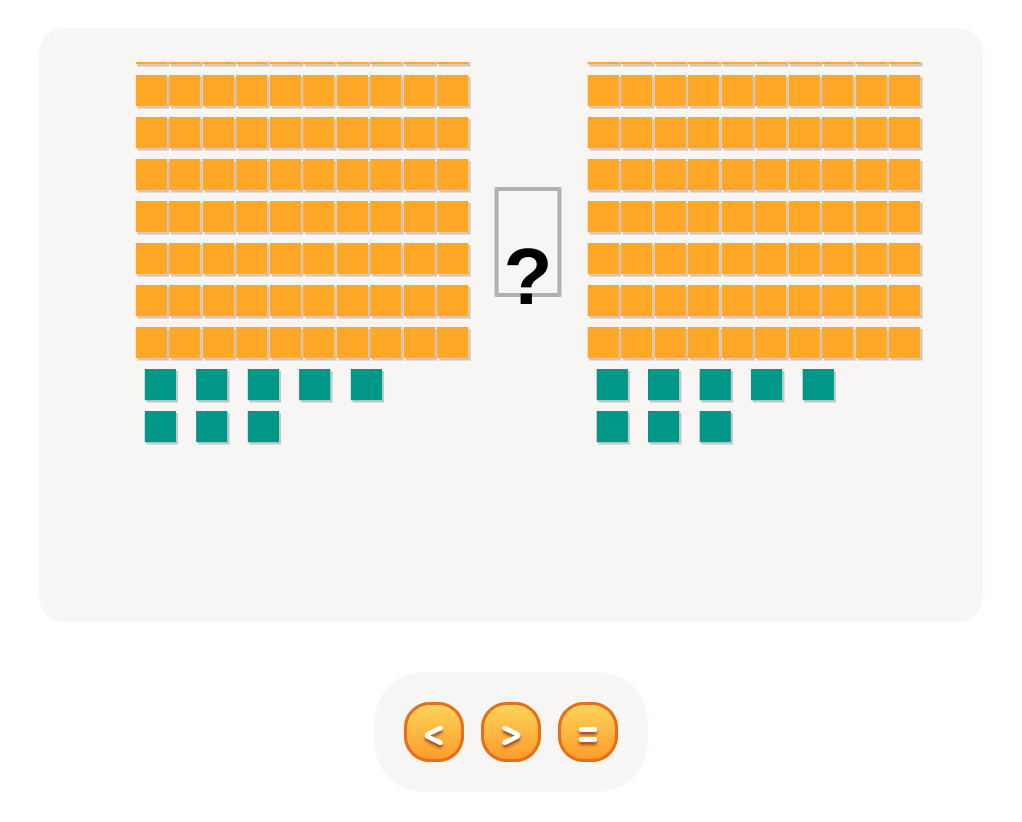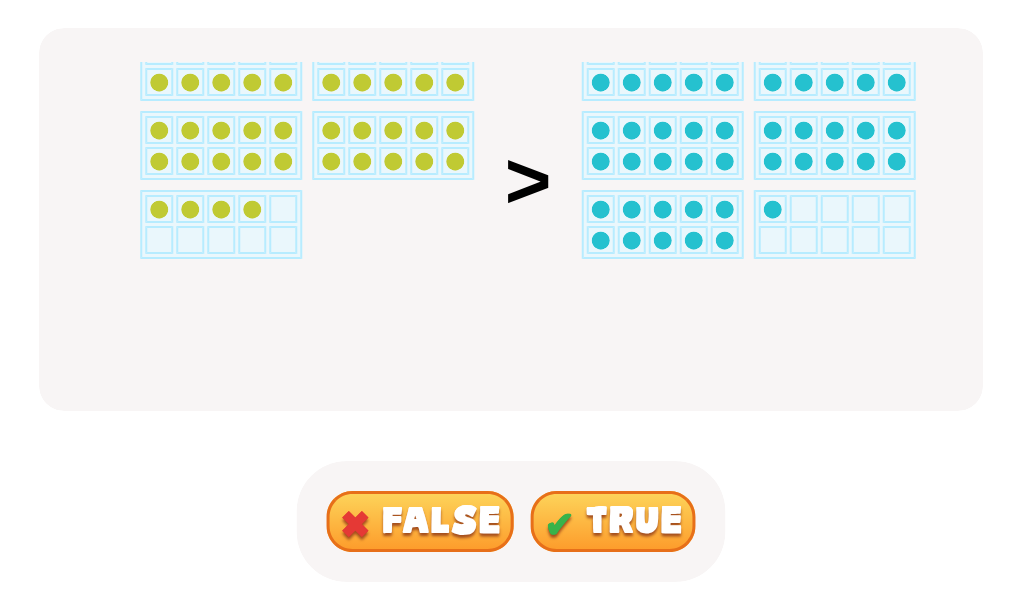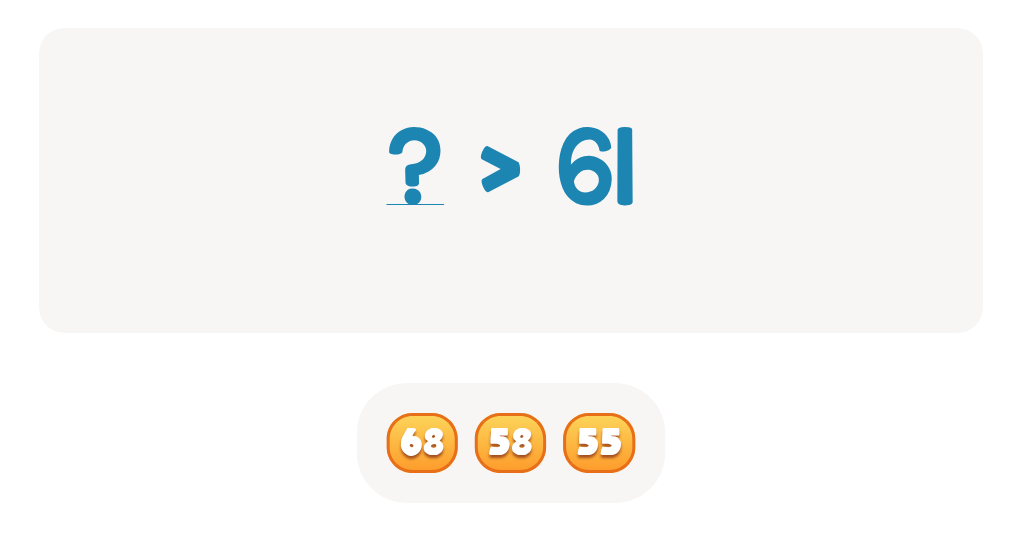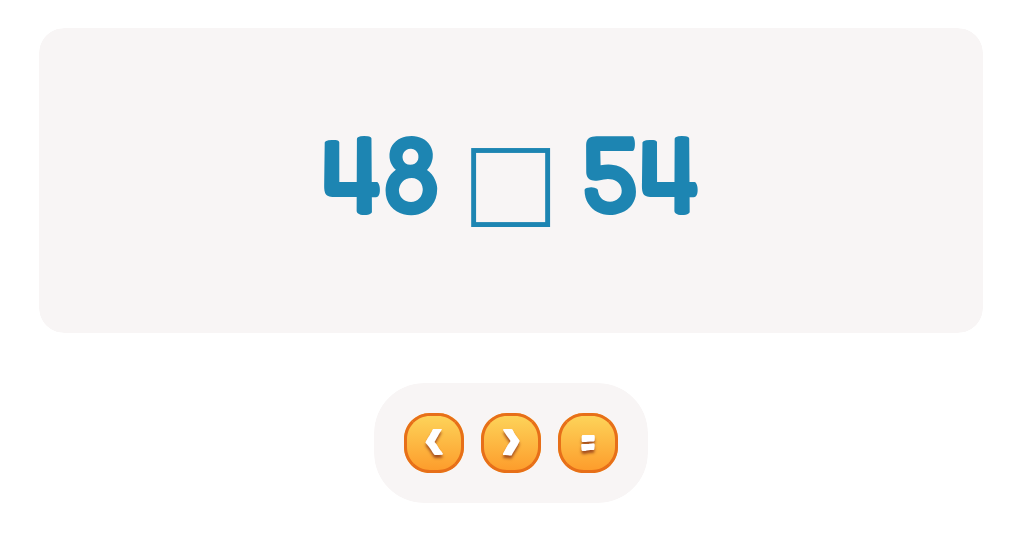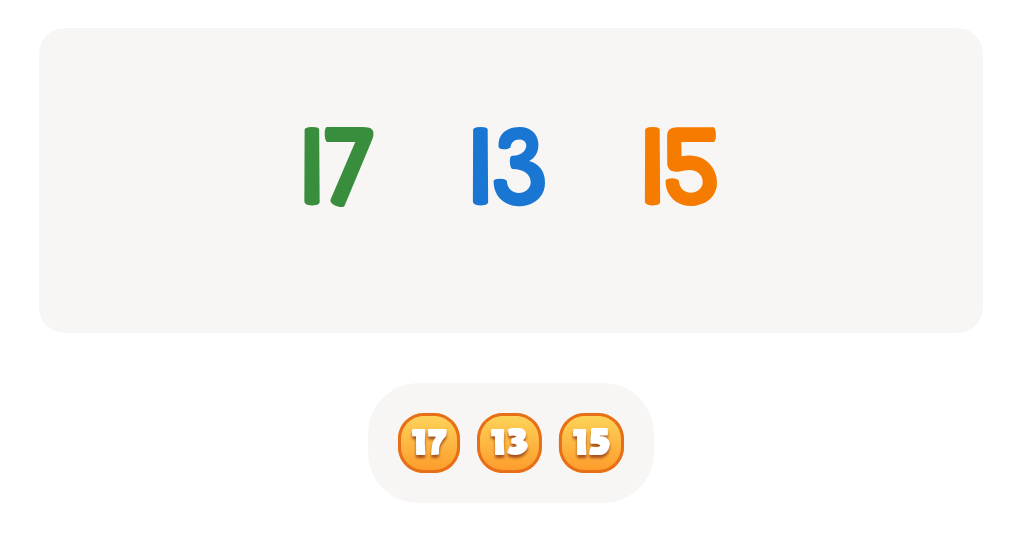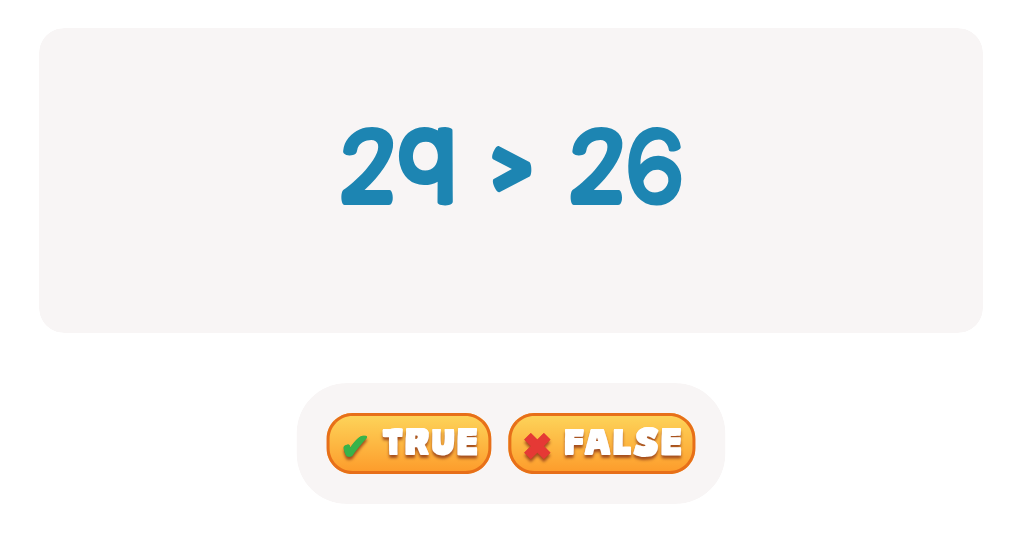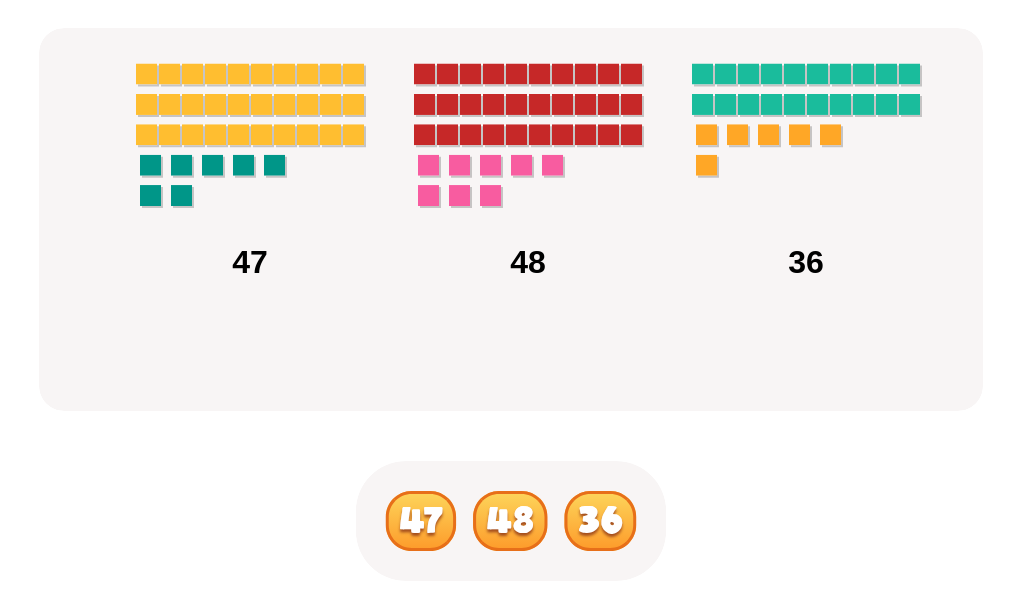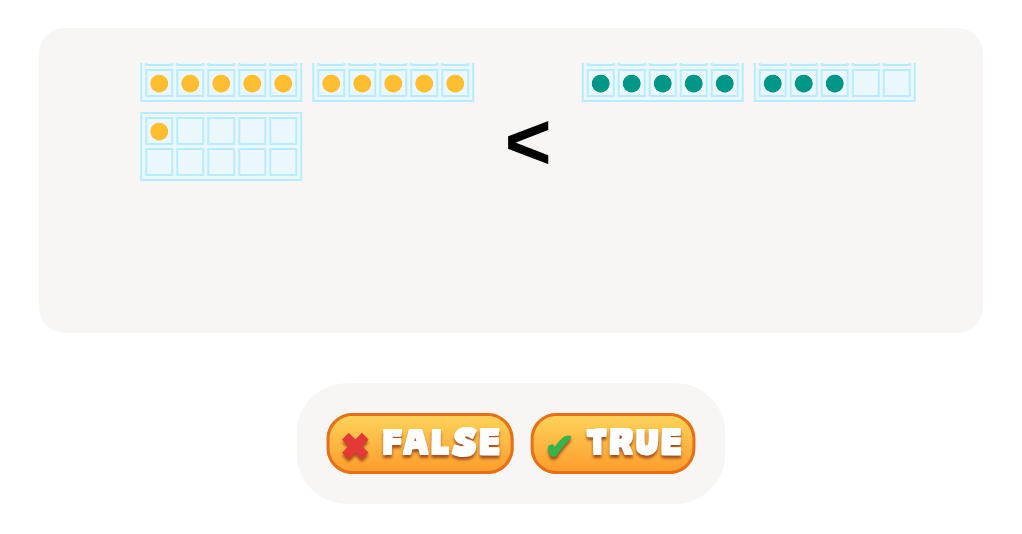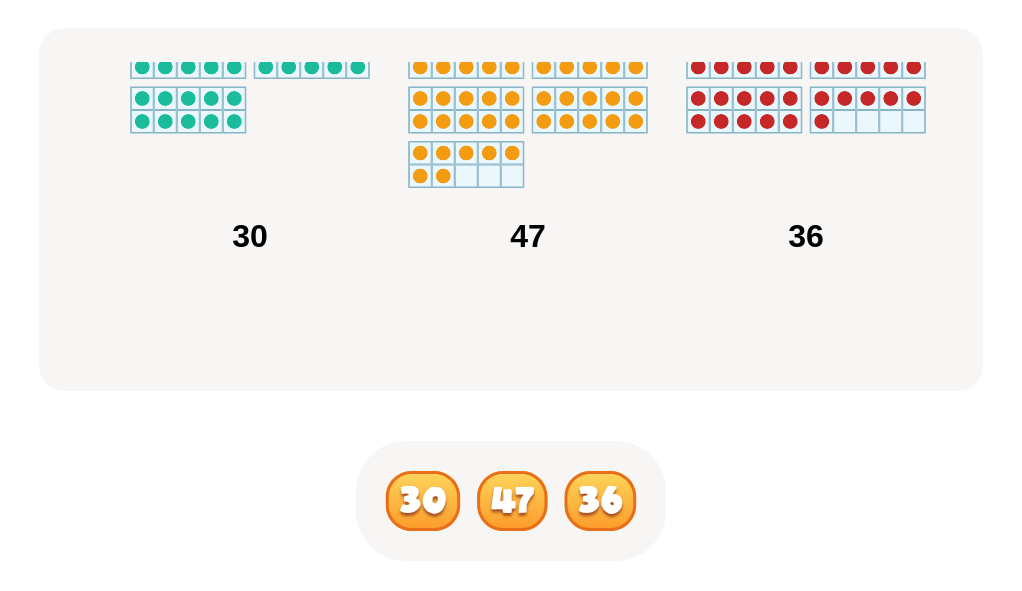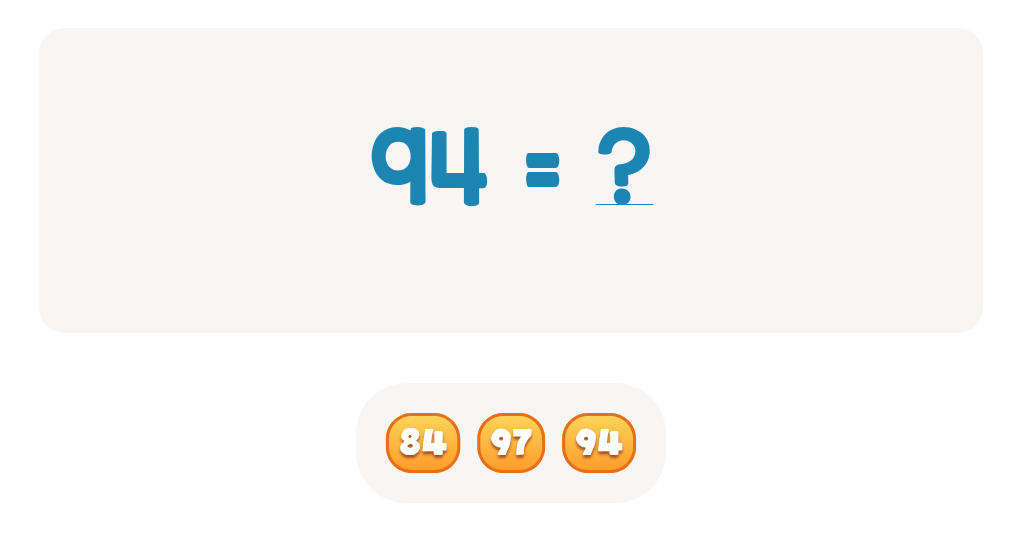Basic Math Skills Comparing Numbers Worksheets for Ages 6-7
7 filtered results
-
From - To
Enhance your child's math abilities with our specialized "Basic Math Skills Comparing Numbers Worksheets" for ages 6-7. These engaging and educational worksheets are designed to help young learners grasp the concept of comparing numbers with ease. Through fun exercises, children will practice identifying greater than, less than, and equal to relationships, building a solid foundation in numerical understanding. Perfect for classroom or at-home learning, these worksheets foster critical thinking and improve math fluency. Start your child on the path to math success with our expertly crafted resources at Kids Academy!
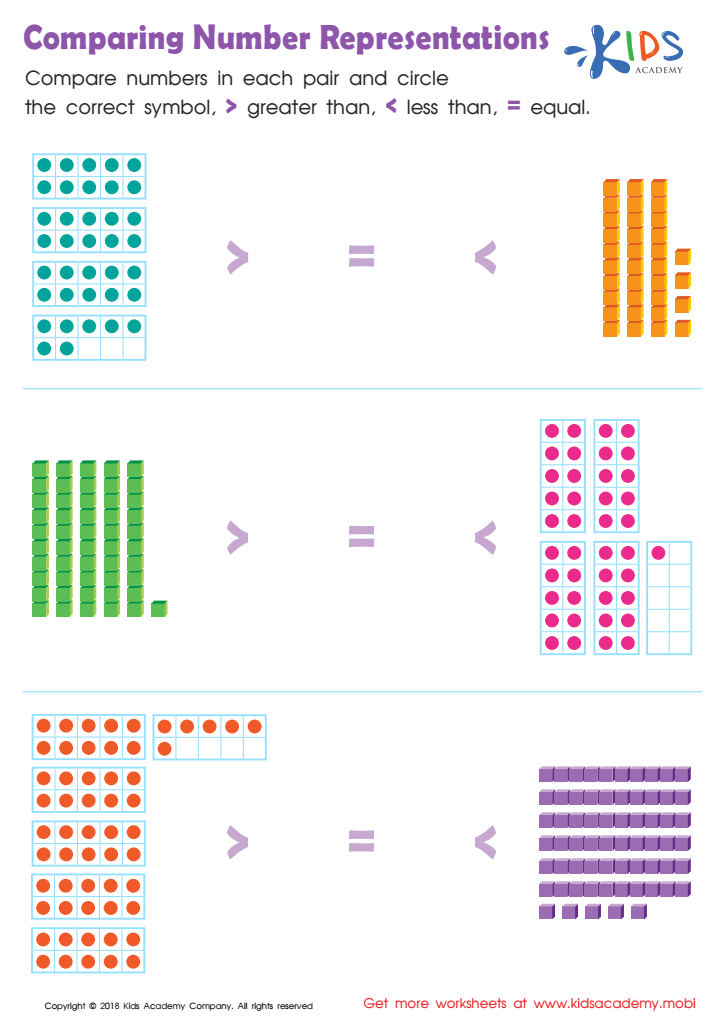

Comparing Number Representations Worksheet
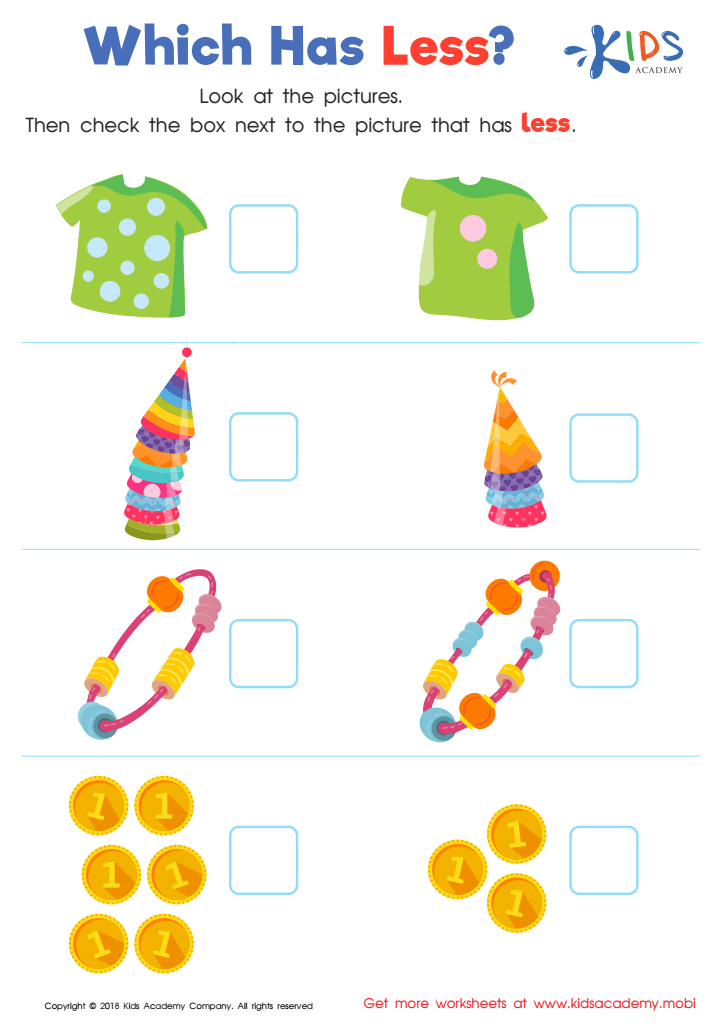

Which Has Less? Worksheet
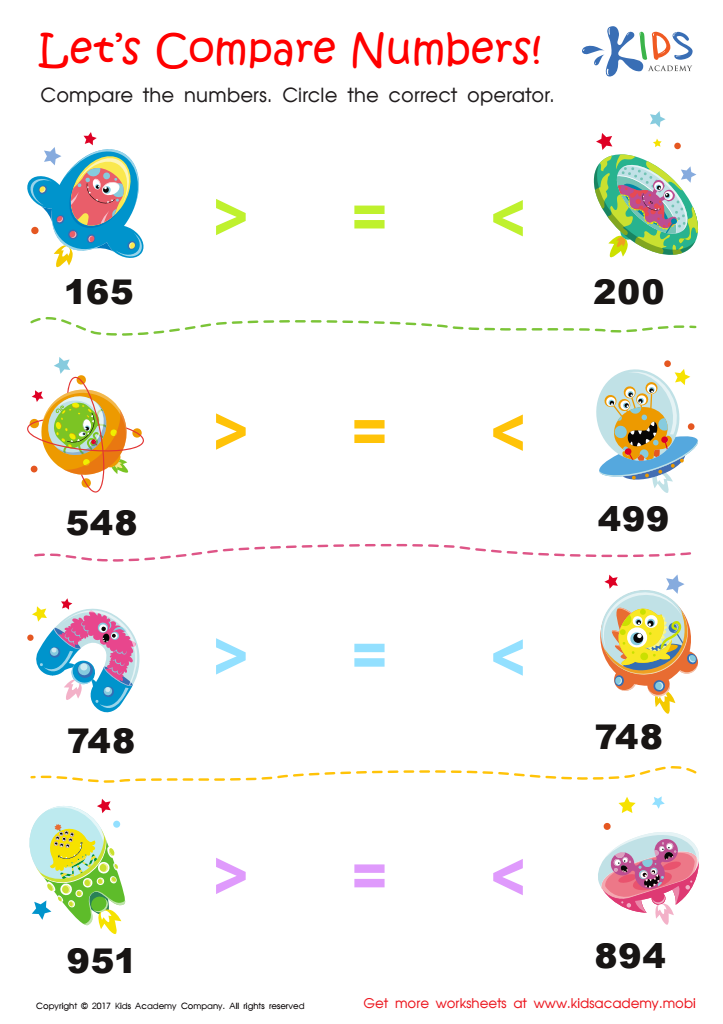

Comparing Numbers Worksheet for 2nd Grade
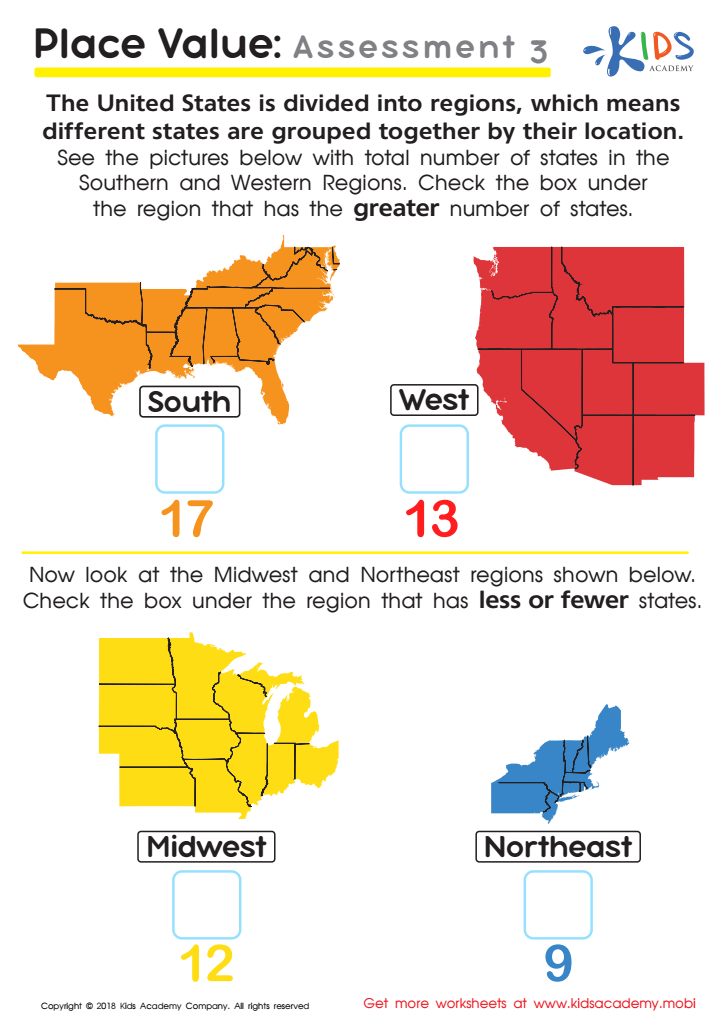

Place Value: Assessment 3 Worksheet
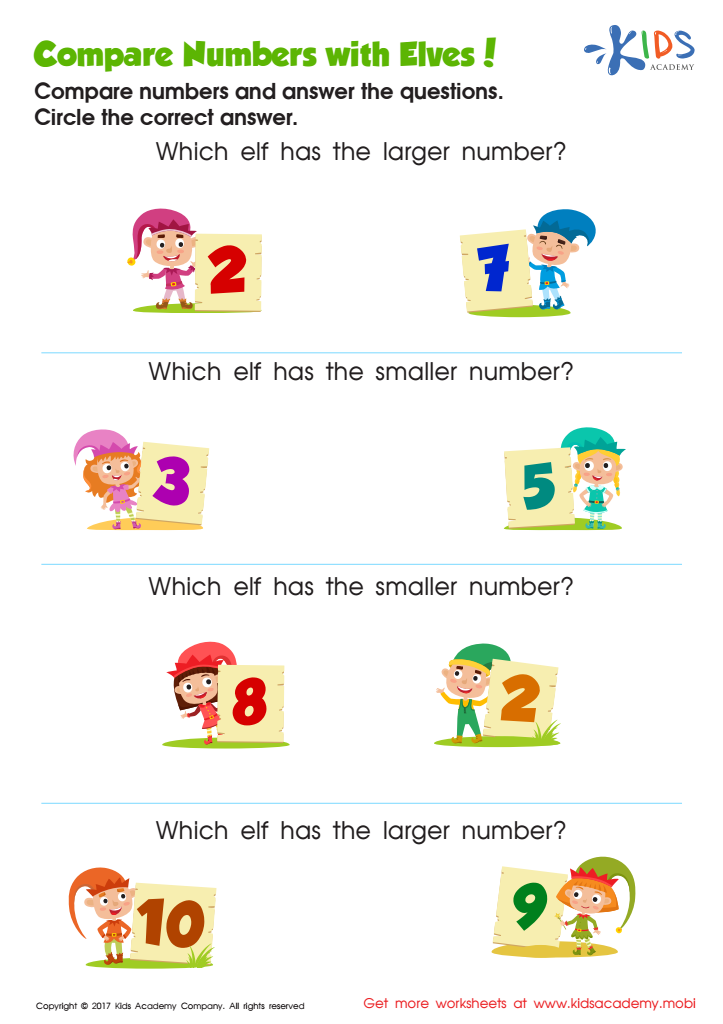

Comparing Numbers Worksheet for Kindergarten
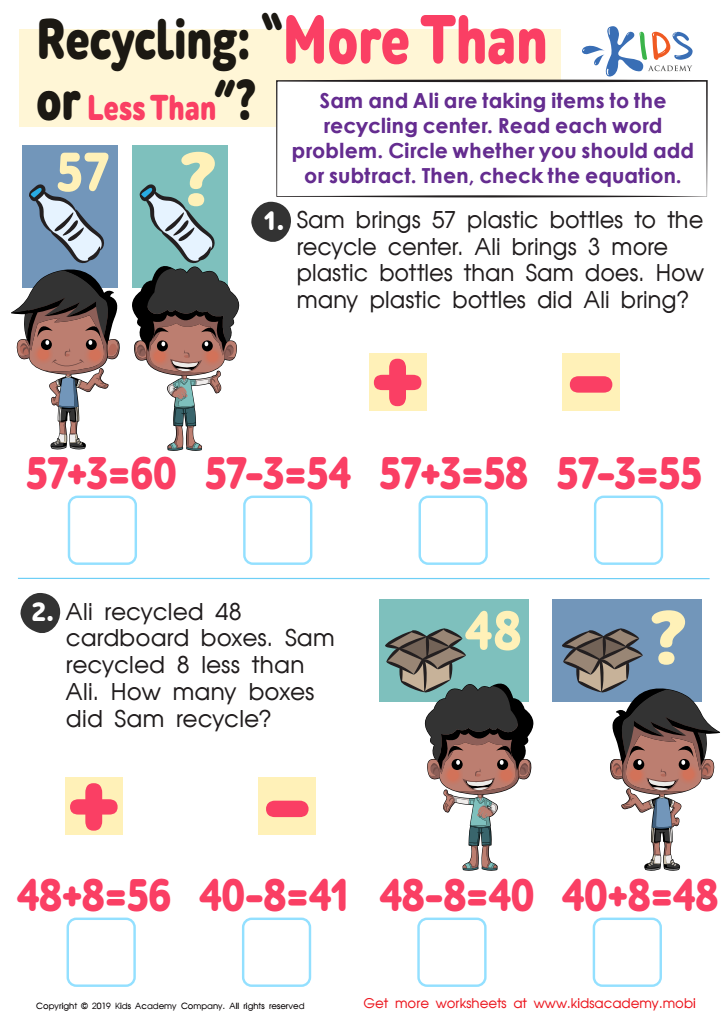

Recycling - More or Less Worksheet
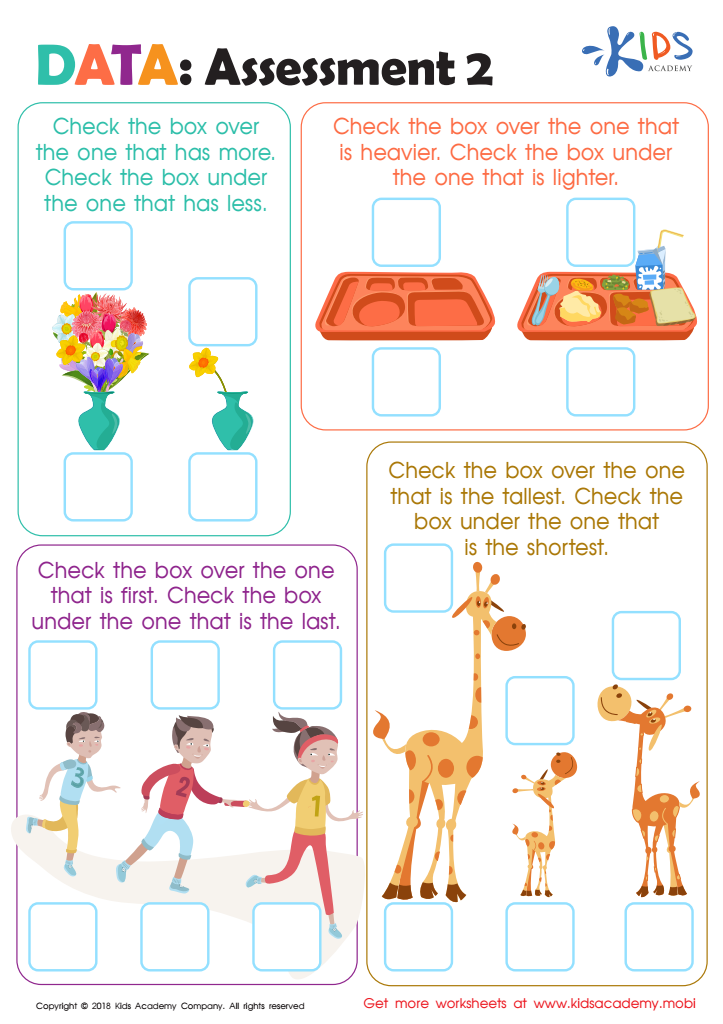

Data: Assessment 2 Worksheet
Teaching basic math skills, such as comparing numbers, to children aged 6-7 forms a crucial part of their cognitive and academic development. At this formative stage, children build the foundation for future learning and problem-solving capabilities. Understanding comparing numbers helps children grasp the concepts of quantity, order, and value, which are foundational for more advanced math topics such as addition, subtraction, multiplication, and division.
When children learn to compare numbers, they develop critical thinking and reasoning abilities. These skills enable them to make sense of the world around them, fostering a stronger sense of curiosity and confidence in their abilities. Additionally, comparative number skills are often applicable to everyday situations, such as determining if they have more or less than a friend, or understanding sequences in stories and events.
For parents and teachers, supporting the development of basic math skills is an investment in a child's educational journey. Strong early math skills are correlated with better academic performance not only in math but also in other subjects like science and language arts. Encouraging proficiency in comparing numbers at an early age can lead to a more positive attitude towards mathematics, reducing anxiety and enhancing the likelihood of success in more complex concepts later on.

 Assign to My Students
Assign to My Students
